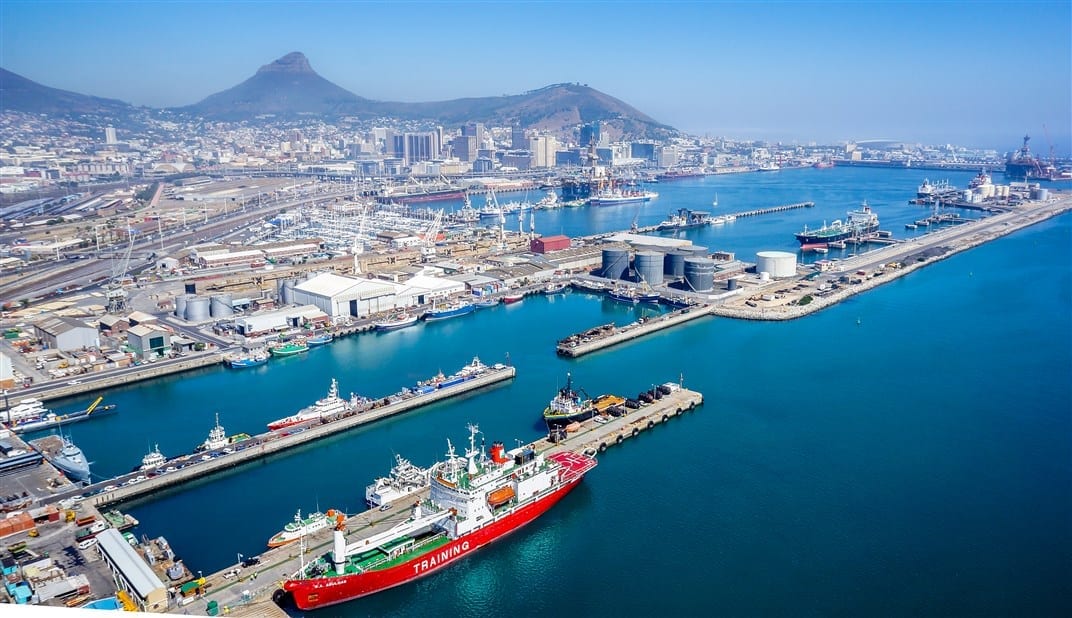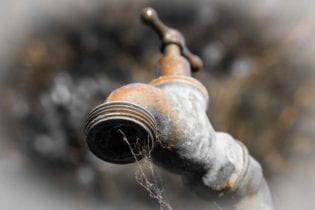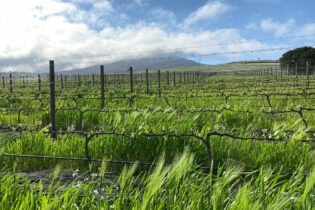
The Port of Cape Town. Picture: Supplied.
Summer rains will also not be favouring the water scarce country as the South African Weather Service has announced a poor seasonal rain outlook for the remaining hot and possibly very dry summer months.
Cape Town officials have been urging residents to reduce their usage for more than three weeks as dam levels remain at an average low of 46% as the city’s water usage is exceeding 800 million litres a day.
Peter Flower from the City of Cape Town acknowledged that the city was battling to bring its water usage under control and said that a big concern was “not so much for getting through this summer but for next summer if we have another extreme winter”.
“So we’re running down near the bottom edge of what’s anticipated in terms of assurance of supply for this region,” Flower said. “And that’s why we’ve made this appeal.”
As a measure to reduce water consumption, the city has threatened to ban the watering of gardens as usage remains 29 million litres above the desired level.
Priya Reddy, the city’s spokesperson told media that unless residents reduced enough water to reach the desired target, “even more stringent restrictions are likely in the near future”.
Government could also implement stricter restrictions
Local government could also implement tighter water restrictions according to the Department of Water and Sanitation’s spokesperson, Sputnik Ratau. He added that the Western Cape would remain under level-three water restrictions due to excessive use.
Provinces such as Gauteng, the Free State, regions of Mpumalanga, KwaZulu-Natal and Limpopo remain under level-two restrictions. This includes the reduction of water pressure to help reduce the amount of water passing through taps, and to also decide how much water residents should use.
Ratau said dam levels had decreased slightly to an average capacity of 48.8% since January last year when the national average was recorded at 57.9%.
“With the rains that are occurring now, we hope that most of it will get into our catchment areas and we will see either a stabilisation or even an increase in dam levels,” he said.
Ratau also said that Cape Town was closer to its target of limiting water use in the metro to 800million litres a day and added that it was “probable that we will run into actual water shortages.”
The weather service recently announced that the country could experience above-average rainfall from January to April due to the weaker La Niña climate pattern which commonly brings higher-than-normal rainfall.
Reddy reiterated that due to the low capacity of dam levels with the hot summer months ahead, “unless all residents reduce their water usage to meet the target, even more stringent restrictions are likely, including a possible blanket ban on all watering of gardens.”








